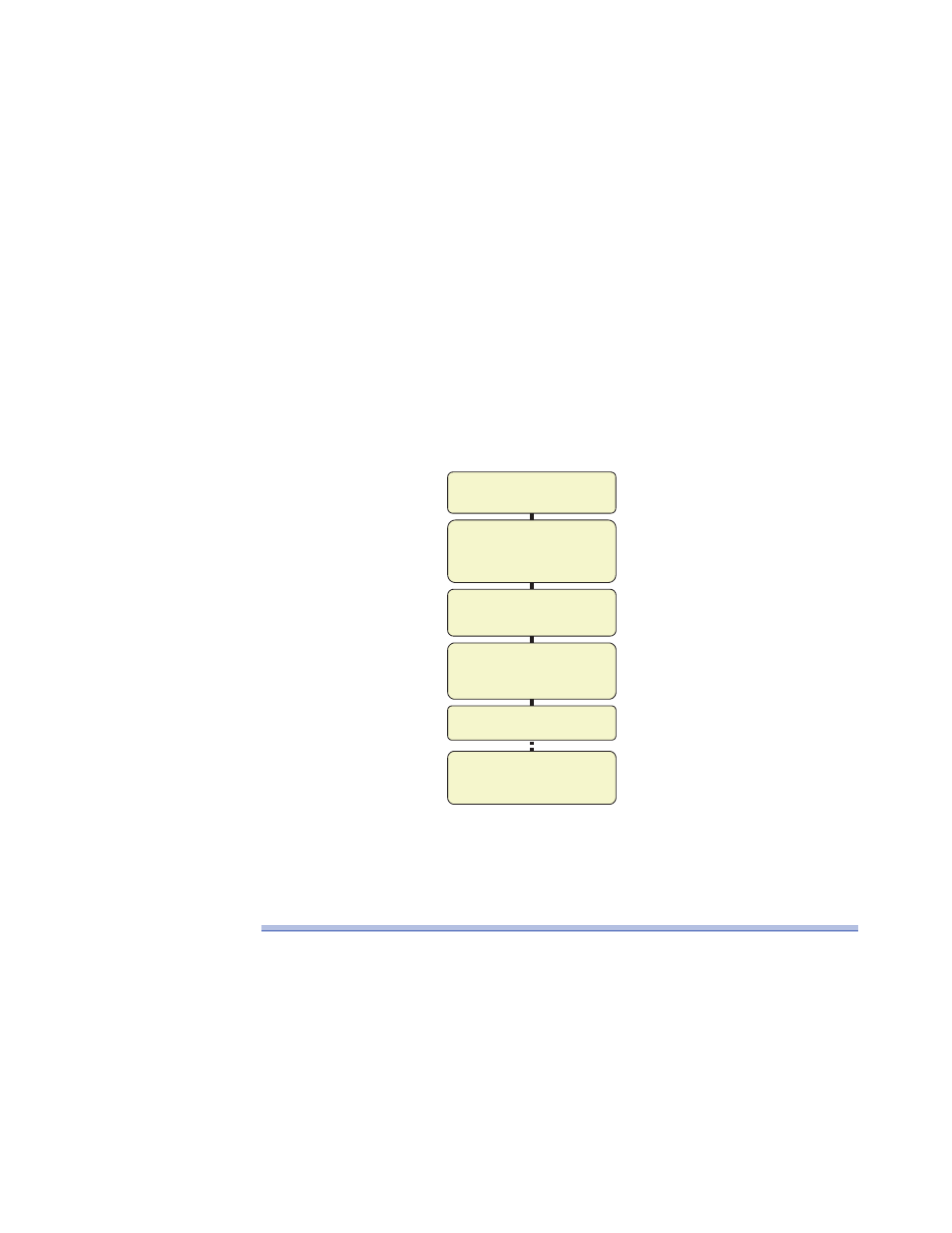3 why energy assessments – Retrotec USACE User Manual
Page 40

18 ENERGY & PROCESS ASSESSMENT PROTOCOL
of assessment procedures, methodologies, and models have been developed
for different kinds of buildings and energy-consuming systems. This protocol
deals with energy assessments for industrial and nonindustrial (nonresidential)
buildings. There are energy assessments conducted for things such as street
lighting or new construction design documents, but these are not included in
this protocol.
What is an energy assessment? An energy assessment is a systematic proce-
dure where the purpose is to
Evaluate the existing energy consumption
■
Identify the saving measures
■
Report the fi ndings
■
The assessment is limited to existing buildings, sites, and objects.
An energy assessment is carried out by a team of experts who have suffi cient
knowledge of and experience with energy usage in buildings.
The assessment consists of the phases of work shown in Figure 11.
Collecting
Collecting
basic data
basic data
Field work
Field work
Analysis
Analysis
of the data
of the data
Reporting
Reporting
Start-up meeting
Start-up meeting
Implementation of
Implementation of
saving measures
saving measures
Figure 11. Phases of an energy assessment.
3.3 Why Energy Assessments?
Energy assessments have been used since the 1980s in many countries for fi nd-
ing the most effective measures to improve energy effi ciency. The experiences
have proven energy assessments to be a useful tool for reducing energy costs
and CO
2
emissions. In many countries, energy auditing is used as a practical
tool for developing long-term energy effi ciency agreements and environmental
